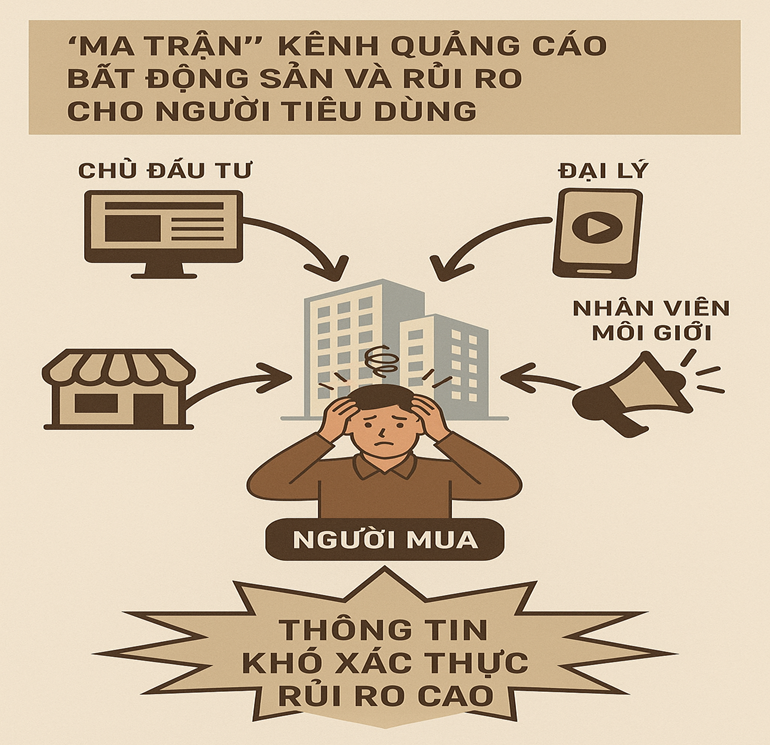
However, this has been accompanied by an explosion of real estate advertising across all channels, from billboards, social media, livestreams, and video reviews to Google Ads and Facebook Ads. One of the reasons consumers are easily drawn into this advertising "maze" is the increasingly sophisticated communication methods. Project introductions often emphasize emotional elements, appealing to the psychology of "own now - enjoy immediately" or "super-fast investment returns"...
Worryingly, many advertisements contain misleading information, exaggerate amenities, and make unrealistic profit promises, easily trapping consumers with false expectations. When discrepancies are discovered between the advertisement and the contract, many people lose hundreds of millions of dong in deposits that they cannot recover. One of the most common forms of misleading advertising today is providing information about amenities that do not actually exist in the project.
This leads to a discrepancy between what is advertised and what is legally binding, leaving buyers feeling cheated when they realize the amenities don't exist in reality. On the other hand, for the same project, buyers may receive dozens of different pieces of information, depending on the broker or agent they approach. This behavior not only erodes consumer trust but also has legal consequences for developers.
Given this situation, the National Competition Commission advises consumers not to blindly trust renderings or verbal promises. Buyers should also transact directly with the developer or officially authorized agent, with a clear distribution contract and complete legal information. Transactions through unauthorized brokers should be avoided to prevent potential disputes.
Source: https://quangngaitv.vn/bo-cong-thuong-canh-bao-can-trong-voi-quang-cao-co-canh-ve-bat-dong-san-6505412.html
































![[Video] The craft of making Dong Ho folk paintings has been inscribed by UNESCO on the List of Crafts in Need of Urgent Safeguarding.](https://vphoto.vietnam.vn/thumb/402x226/vietnam/resource/IMAGE/2025/12/10/1765350246533_tranh-dong-ho-734-jpg.webp)







































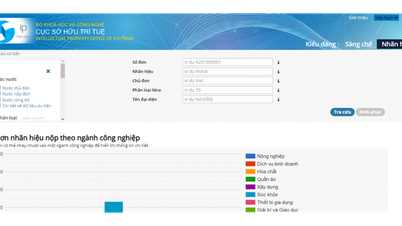

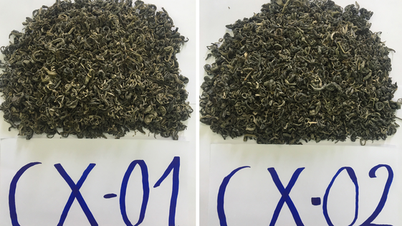

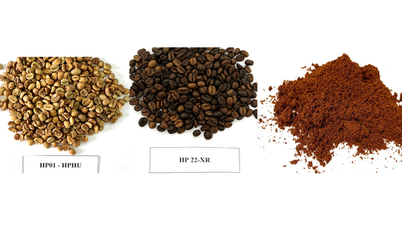
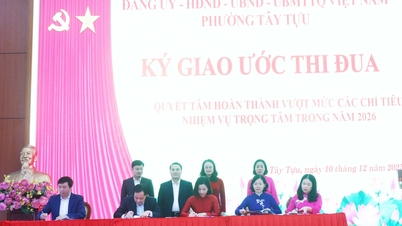

























Comment (0)